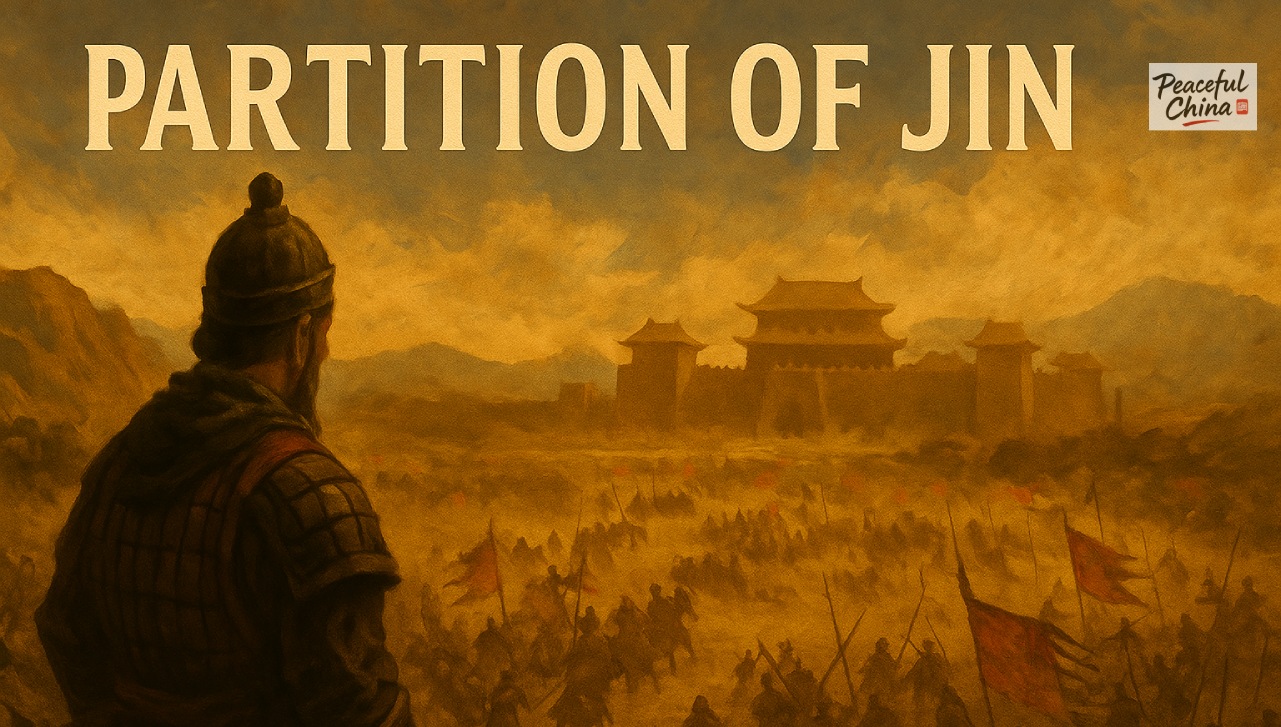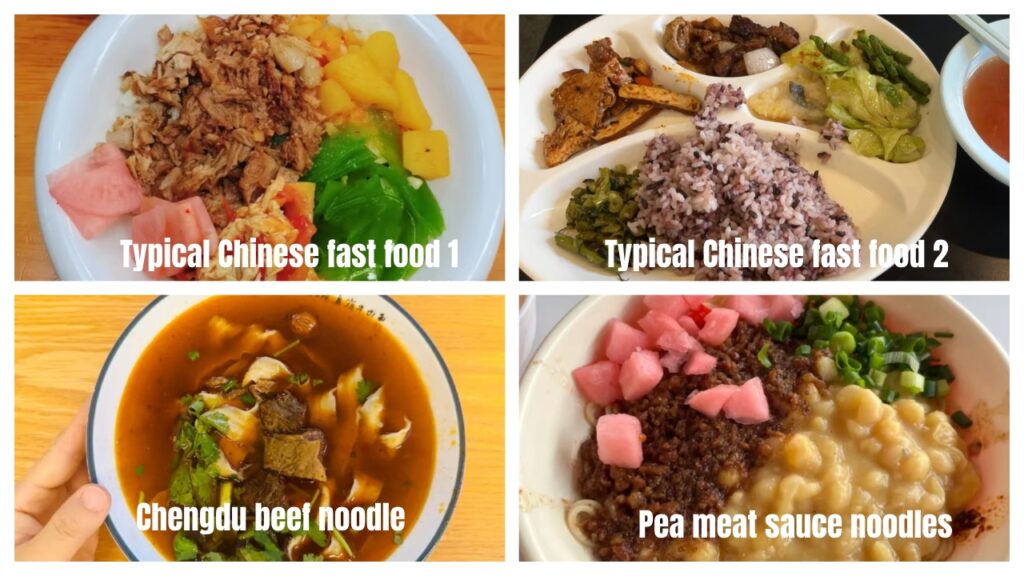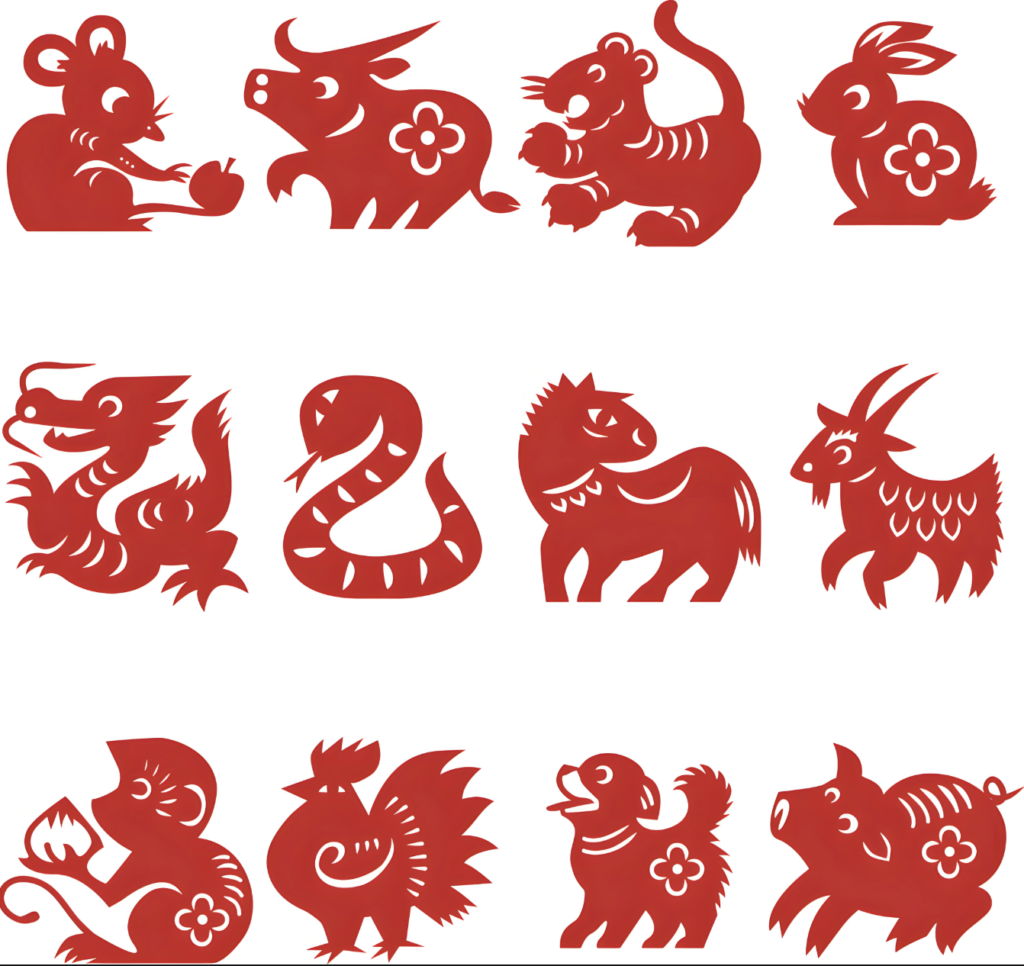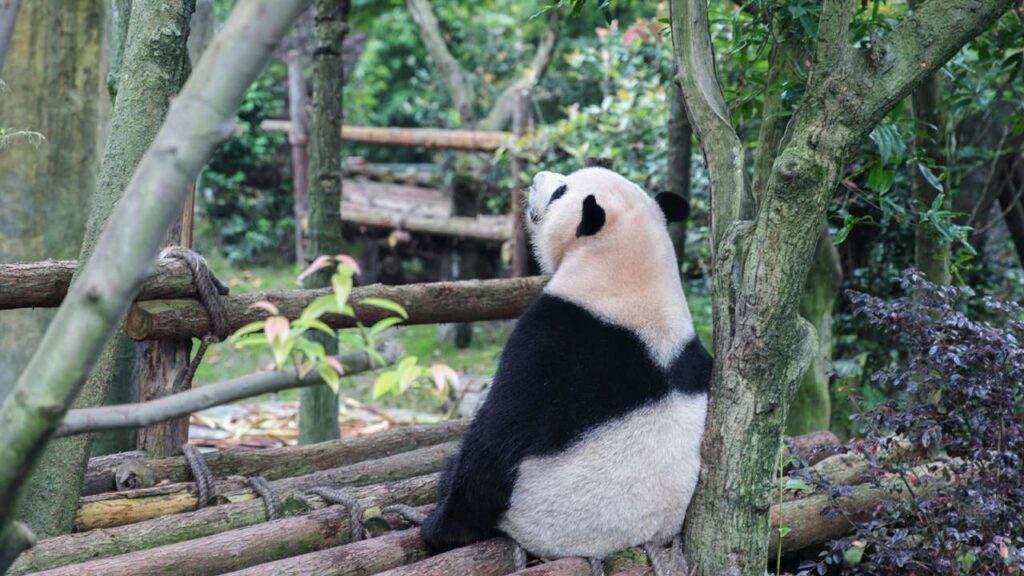The partition of Jin was a major turning point in Chinese history. It marked the collapse of Jin’s central authority and the rise of three powerful families—Han, Zhao, and Wei. Historians often see this event as the beginning of the Warring States period.
The Spring and Autumn and Warring States periods were full of legendary figures and bold thinkers. Dozens of philosophies fought for attention, and ambitious warlords constantly redrew the map. Much of this chaos came from the decline of the Zhou Dynasty’s central power—a situation that, in some ways, echoes the uncertainties of today’s world. (In a way, it’s not unlike the gradual fragmentation of the post-WWII international order—where old structures still exist, but no longer command the same power.)
Over time, smaller states were swallowed up by stronger ones. Within these states, real authority often shifted from rulers to a handful of aristocratic clans. Originally, those rulers had been enfeoffed by the Zhou king, with rights to pass their lands down through generations. But as the Zhou court weakened, its power to enforce those appointments faded—and local elites filled the vacuum.
Some of these families had once been part of the old slave-owning aristocracy. Over generations, they adopted feudal methods of land control and tax collection, gradually transforming into a powerful landlord class. In some cases, they won popular support by lowering taxes and offering protection. Their private strength—both military and economic—grew steadily.

A map showing major Chinese states around the time of the Partition of Jin, including the Zhou royal domain, Qin, Jin, Chu, Qi, Yan, Wu, Yue, Song, Lu, Ba, and Shu.
Jin, once a leading power in the Central Plains, was no exception. By the end of the Spring and Autumn period, the duke of Jin was largely a figurehead. How did that happen? The story of Jin’s slow political unraveling is a longer one—but in short, the court’s failure to balance the power of its major clans left it hollow at the center.
Six great families—Han, Zhao, Wei, Zhi, Fan, and Zhonghang—dominated the state. Others like the Yu and Luan clans had influence too, but the main struggle was among the top six. Each had its own land, army, and ambitions. Infighting became the norm. Over time, Fan and Zhonghang were eliminated, leaving four major players: Han, Zhao, Wei, and Zhi. Of these, the Zhi family was by far the strongest.

The map on the left shows the six dominant clans of Jin before internal strife reshaped the political landscape.
The map on the right reflects the situation after the Fan and Zhonghang families were eliminated, with four major powers remaining.
Zhi Boyao, head of the Zhi clan, wanted to consolidate even more power. One day, he approached the leaders of the Han, Wei, and Zhao clans with a proposal. “Jin once ruled the Central Plains,” he said, “but now it’s lost its glory. To restore its strength, I suggest each family contribute 100 li of land to the public cause.”
No one was fooled. Zhi wasn’t serving the public; he was trying to seize more land for himself. The other families knew this, but they weren’t united in their response. Han’s leader, Han Kangzi, gave in first, handing over land and ten thousand households. Wei’s leader, Wei Huanzi, followed soon after, not wanting to provoke Zhi.
Only Zhao refused—and it wasn’t entirely surprising. Among the three, Zhao was the most powerful. Their military was the largest, their territory the most stable. Zhao Xiangzi had little reason to submit. “This land belongs to my ancestors,” he said firmly. “I won’t give it up.”
Zhi was furious. He ordered Han and Wei to join him in attacking the Zhao family.
In 455 BCE, Zhi Boyao led the main force, with Han on the right and Wei on the left. Together, they marched on Jinyang—Zhao’s stronghold, located in what is now Taiyuan, Shanxi. Outnumbered, Zhao Xiangzi pulled his troops back into the city. They prepared for a long siege.
Whenever Zhi’s army approached the walls, they were met with volleys of arrows. For over two years, Jinyang held out.
Then, during the rainy season, Zhi Boyao came up with a new plan. The Jin River ran just northeast of the city. If he could dam the river and redirect it toward Jinyang, he might flood the city and force a surrender.

He ordered a new canal to be dug, running southwest toward the city, and blocked the main flow of the river upstream. Once the dam was full, he had it broken. Water poured into Jinyang.

The city was swamped. Houses were flooded, and people took shelter on rooftops. Cooking fires were gone, so they strung pots from beams and cooked in midair. But the people wouldn’t surrender. Even soaked and starving, they held out. Their hatred for Zhi ran deeper than fear of drowning.
One day, Zhi Boyao brought Han and Wei to the riverbank to admire his work. He pointed at the half-submerged city and said, “Look—Jinyang is finished. I used to think rivers were like city walls. But now I see—water can destroy a state too.”
Han Kangzi and Wei Huanzi nodded, but they were deeply uneasy. Their own fiefdoms—Anyi for the Wei family, and Pingyang for the Han—were also located along major rivers. Zhi’s words struck a nerve. If Jinyang could be drowned, so could their own capitals.
Inside the city, Zhao Xiangzi turned to his trusted advisor. “The people are still with us,” he said. “But if the water keeps rising, we won’t last.”
Zhang Mengtan replied, “Han and Wei aren’t loyal to Zhi. I’ll speak to them.”
That night, Zhang slipped out of the city. He met first with Han Kangzi, then Wei Huanzi. He urged them to turn on Zhi now, before it was too late. Both men hesitated—but they already feared Zhi more than they trusted him. Zhang’s arguments gave them the final push they needed.
Unbeknownst to them, someone else had noticed. One of Zhi’s senior retainers sensed something was wrong. In the tense days before the final attack, strange visits and subtle signs emerged: the sudden presence of Zhang Mengtan—Zhao’s cunning strategist—and the uncharacteristically tense expressions of Han Kangzi and Wei Huanzi. Something didn’t add up. He warned Zhi to be cautious. But Zhi, sure of his control, dismissed the warning. “They’ve bent to me before. They’ll bend again,” he said.
The next night, just after midnight, war drums shattered the quiet. Zhi sprang from his bed—his blankets soaked. The camp was flooding.
He thought the dam had broken and shouted for soldiers to fix it. But then came the shouting of men, the clash of weapons. Troops from Zhao, Han, and Wei had launched a surprise attack, arriving on boats and rafts. Zhi’s army, trapped in rising water, was thrown into chaos. Many were cut down. Many more drowned.
Zhi Boyao died in the ensuing bloodbath—cut down as his ambitions collapsed with his fortress. His army was gone.
After the victory, the three families reclaimed the land Zhi had taken—and divided the Zhi territory among themselves.
In 438 BCE, the Duke of Jin died, and what remained of the state shrank even further. By 403 BCE, the families of Han, Zhao, and Wei were officially recognized by the Zhou king as independent vassals. The title of “Jin” still existed, but only in name. The state was dead.
Han, Zhao, and Wei, along with Qin, Chu, Qi, and Yan, would become the seven major powers of the Warring States period. Their rivalries would shape China’s future for generations to come.
In 375 BCE, the three families formally split the last pieces of Jin among themselves. And with that, a once-great state disappeared from the map—for good.
Question: What if Jin Had Survived?
If the state of Jin had remained unified and strong, would Qin have ever managed to rise in the west and unify China? After all, Jin sat squarely between Qin and the Central Plains—and its collapse cleared the way for Qin’s eastward expansion.
👉 Explore how Qin Shi Huang changed China forever →
With thanks to [bilibili id=510010547] and [bilibili id=3546892516460596], whose work helped inform parts of this piece.









